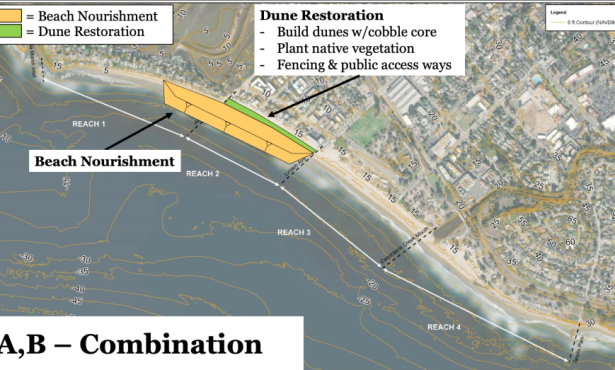Sport-Harvested Mussel Quarantine Lifted Along Most of California Coast
Quarantine Continues for Part of Humboldt County
The California Department of Public Health (CDPH) announced today that the annual quarantine on mussels gathered by sport harvesters from California’s coastal waters ends at midnight on Thursday, October 31, 2013, along most of the California coast.
The quarantine will remain in effect from the north jetty of the Humboldt Bay entrance to the Humboldt-Del Norte County line. Sampling of mussels has confirmed that paralytic shellfish poisoning (PSP) toxins remain at dangerous levels for this area, but are at safe or undetectable levels along all other portions of the California coast. Humboldt Bay is not included in the quarantine extension.
The annual mussel quarantine, typically issued for the entire California coastline from May 1 through October 31, is intended to protect the public from PSP and amnesic shellfish poisoning (ASP). There have been no reports of shellfish-related poisoning in California during the quarantine period.
The quarantine applies only to sport-harvested mussels. Commercially harvested shellfish are not included in the quarantine as other steps are taken to ensure shellfish entering the marketplace are free of toxins.
PSP is a form of nervous system poisoning. Concentrated levels of the PSP toxins can develop in mussels and other bivalve shellfish when they feed on certain naturally occurring marine plankton.
ASP, also known as domoic acid poisoning (DAP), has been linked to another type of marine plankton consumed by filter-feeding animals, like bivalve shellfish. Domoic acid has been linked to numerous poisonings of marine mammals along the Pacific Coast and was originally linked to hundreds of illnesses and several deaths in Eastern Canada.
Consumers can receive updated information about shellfish poisoning by calling the Shellfish Information Line at (800) 553-4133. More information about the quarantine, PSP and DAP can be found on the Mussel Quarantine Frequently Asked Questions (FAQ) Web page.
CDPH’s shellfish sampling and testing programs issue warnings or quarantines when needed. Local health departments, various State, federal and tribal agencies, community groups and others participate in the monitoring program.
Residents and community groups who are interested in volunteering to assist with the testing program should email RedTide@cdph.ca.gov or call (800) 553-4133.


